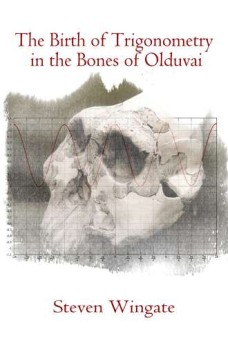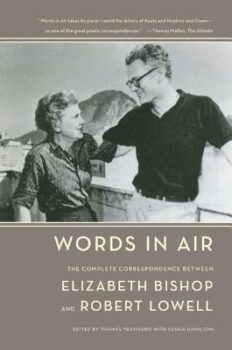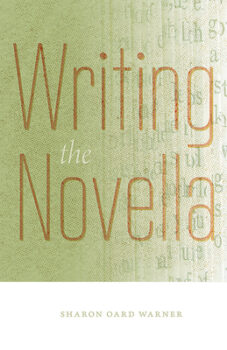 I want to encourage all fiction writers out there to do something seditious: forget about your plot, abandon all questions of marketability, stop thinking about productivity, and throw yourself into a pure, loving relationship with language—one that’s unencumbered by the business-y stuff.
I want to encourage all fiction writers out there to do something seditious: forget about your plot, abandon all questions of marketability, stop thinking about productivity, and throw yourself into a pure, loving relationship with language—one that’s unencumbered by the business-y stuff.
Of course I pay attention to language, you might reply, I’m a writer.
But do you truly approach the blank page with wonder, the way you once did when you were a proto-writer, someone who knew nothing about the craft or the publishing industry? You probably know at least one “careerist” writer who’s all business—daily word counts, contacts, market research, etc.—a writer who puts the cart before the horse, the marketplace before the art. Yet how free is that person as a writer? How likely is it that he or she will get a spontaneous story idea and jump on it, setting aside careerism long enough to pursue a whim that might be either brilliant or a dead-end? How much risk is that writer allowing in their work? Many writers have said that you have to think of writing as a job, you have to show up at the desk each morning. And Mary Heaton Vorse once famously said, “The art of writing is the art of applying the seat of the pants to the seat of the chair.” But focusing too much on career turns fiction into product. Worse, it affects our imagination by self-censorship and prevents us from surprising ourselves—both on the page and in the kind of stories we decide to tell.
To quote Robert Frost this time, “No surprise in the writer, no surprise in the reader.”
Fortunately, we have ways to keep us in touch with the proto-writer within. On the pages of FWR, Lucas Hunt recently suggested that fiction writers read poetry. I suggest that you write it—more specifically prose poetry, the wild and free genre that will strip you of your agent anxieties and your fears of being rejected by your enemies.
My relationship with prose poetry sustains me when I get bogged down in the stressors of fiction, whether on the page or on the business end. When I first started writing seriously enough to get stuck, I’d pick up a book by Antonin Artaud, Gertrude Stein, and (though he’s not a prose poet per se) William S. Burroughs. Their work is refreshingly anarchic. Driven by language and voice, they focus on indeterminate states of mind and revel in language for its own sake, the way poetry does; I read them simply to feel the rush of their sentences and unplug myself from the need for sense. The world of prose poetry they led me into—Rimbaud, Baudelaire, Russell Edson, Mark Strand, etc.—always shook my tree and sent me back to fiction as a different (and more free) writer who was willing to risk more on the page, trying things that might be terrific or might be disasters.
 Naturally, it wasn’t much of a stretch from reading prose poetry to writing it, which increased its tonic effect. While prose poetry might sound esoteric, I recommend it to fiction writers of all stripes because (a) it’s less daunting than line poetry, and (b) if you write flash fiction, you’re already halfway there. If you look at things historically, prose poetry is an older sibling to flash fiction, a form that seems to have risen up within the past fifteen years. The two, like chimps and humans, share 97% of their DNA. (Peter Conners’ 2006 anthology PP/FF ably explores the fertile connections between the two forms.)
Naturally, it wasn’t much of a stretch from reading prose poetry to writing it, which increased its tonic effect. While prose poetry might sound esoteric, I recommend it to fiction writers of all stripes because (a) it’s less daunting than line poetry, and (b) if you write flash fiction, you’re already halfway there. If you look at things historically, prose poetry is an older sibling to flash fiction, a form that seems to have risen up within the past fifteen years. The two, like chimps and humans, share 97% of their DNA. (Peter Conners’ 2006 anthology PP/FF ably explores the fertile connections between the two forms.)
Prose poems and flash fictions both delve into moments, lose themselves in language, feast on human uncertainty. But prose poetry offers something flash fiction doesn’t: a release from the responsibilities and temptations of narrative, not only on the page but professionally. It lets you cut loose entirely, because you know darn well that you’re not going to make a dime from writing prose poetry. You do it for the love of it, and that’s all.
So if you find yourself thinking too much about plot, agents, and which of your writerly friends would be the best path to a certain editor, I implore you to break away from it all. Read some prose poems, then write some. Recharge your creative mind. Feed the proto-writer—still inside you somewhere, ready to fuel all your evolutions—who loves words simply for what they are.






